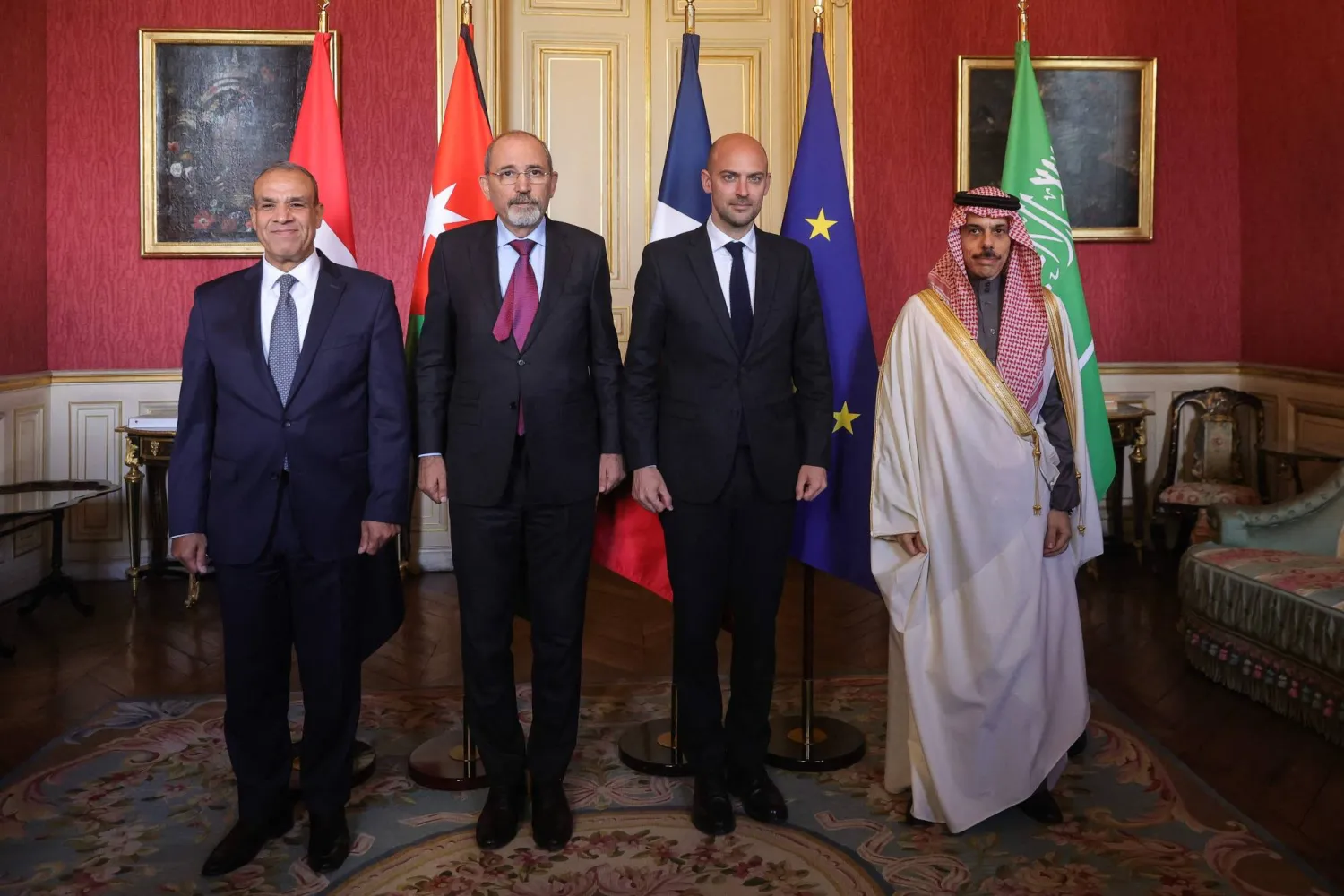Preparations are underway for the “Two-State Solution Conference,” scheduled from June 17 to 20 and co-hosted by Saudi Arabia and France at the United Nations headquarters in New York.
The conference aims to produce a final document serving as a “roadmap” for establishing a Palestinian state. This roadmap will draw on the work of eight expert groups tasked with offering practical proposals on various dimensions of the Israeli-Palestinian conflict, including statehood, security, economics, humanitarian concerns, and sustaining any future peace agreement.
Key group chairs include Jordan and Spain on statehood, Italy and Indonesia on security, Norway and Japan on economic foundations, while the EU and the Arab League are overseeing proposals on the durability of peace. The structure reflects a broad international effort to tackle every major aspect of the conflict.
According to French diplomatic sources, the conference is driven by the urgency of reviving the two-state solution, now under severe threat due to the war in Gaza, the acceleration of Israeli settlement expansion, and the stated intentions of some Israeli leaders to reoccupy Gaza and displace its population.
France argues that the idea of indefinitely freezing or postponing the conflict is no longer viable. With military solutions failing, only a political resolution centered on mutual recognition and the creation of a Palestinian state offers a sustainable path forward.
French President Emmanuel Macron recently reaffirmed in Indonesia that the political route is the only path to lasting peace. He announced the conference as a platform to renew international momentum for recognizing both Palestine and Israel and affirming their right to coexist in peace and security.
The event operates on a principle of mutual recognition. It invites Western nations that have not yet recognized Palestine to do so, while also encouraging Arab and Islamic countries that have yet to recognize Israel to take steps toward normalization.
This approach recalls the 2002 Arab Peace Initiative, which proposed normalized relations with Israel in exchange for withdrawal from occupied territories and Palestinian statehood within 1967 borders.
The sources said that while full normalization is seen as unlikely in the short term, France views it as a process, not a one-time event. Recognition of Palestine is not presented as conditional on normalization with Israel but may come alongside statements of intent from Arab nations signaling readiness for future steps.
The sources added that the French government stresses that the conference is a starting point rather than a definitive solution. The goal is to reintroduce momentum for peace and back it with concrete proposals. Paris also emphasizes the need for Palestinian Authority reform and the disarmament of Hamas, aiming to ensure a credible Palestinian leadership.
Although Israel has threatened to annex parts of the West Bank in response to the growing recognition of Palestine, France remains firm in its belief that diplomatic recognition is a reward for peace-seeking actors, not for extremists, the diplomatic sources underlined.









